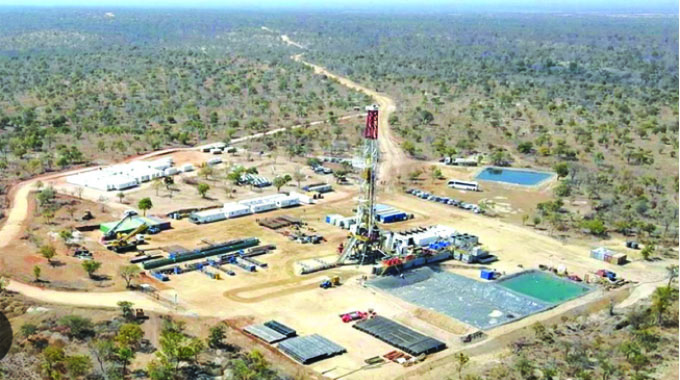
In a landmark development poised to reshape Zimbabwe’s energy future, the Muzarabani Oil and Gas Project spearheaded by Australian Stock Exchange-listed Invictus Energy has been granted National Project Status by the Ministry of Finance, Economic Development and Investment Promotion, a decision hailed by industry stakeholders as a bold step toward unlocking investment, innovation, and industrialisation in the country’s nascent petroleum sector.
The decision, which reflects government’s strategic confidence in the project’s potential, is expected to pave the way for a surge in capital mobilisation efforts. This designation offers fiscal and non-fiscal incentives to investors and signals Zimbabwe’s readiness to transition into a resource-backed energy economy. The National Project Status confers a suite of privileges, including tax exemptions, expedited bureaucratic processes, and prioritised infrastructure support, key ingredients for attracting large-scale investment into exploration and production activities.
In its official update, Invictus Energy expressed appreciation to the Government of Zimbabwe for the endorsement, which it views as a significant vote of confidence in both the technical feasibility and the broader socio-economic benefits of the Muzarabani project. The company reaffirmed its commitment to honouring the production sharing agreements signed with the government, underscoring its long-term vision to contribute meaningfully to Zimbabwe’s energy self-sufficiency and economic growth.
“This status is more than a title, it is a catalytic tool that unlocks deeper investor confidence, improves the bankability of the project, and accelerates exploration timelines,” noted an Invictus spokesperson, reiterating the project’s potential to position Zimbabwe on the global energy map.
Echoing these sentiments, Zimbabwe Energy Regulatory Authority Chief Executive Officer, Mr Eddington Mazambani, described the granting of National Project Status as a pivotal policy signal that aligns with the government’s broader energy and industrialisation targets. “The oil and gas industry is capital intensive. When authorities acknowledge its potential and actively support it through such high-level recognition, it demonstrates Zimbabwe’s seriousness about diversifying its energy portfolio and capturing value along the hydrocarbon value chain,” he said.
Muzarabani, situated in the northern part of the country, holds vast untapped hydrocarbon reserves, and early seismic surveys have hinted at commercially viable oil and gas deposits. If confirmed, these could transform Zimbabwe into a regional player in the energy market, reducing reliance on imports, creating thousands of jobs, and fuelling downstream industries in petrochemicals, manufacturing, and transport.
Beyond the geology, what makes this development particularly noteworthy is the policy environment now taking shape around it. National Project Status is not merely a symbolic recognition, it is a serious economic lever. It invites global capital, shields the project from regulatory delays, and binds government institutions to support a coordinated, investor-friendly operating framework.
For Zimbabwe, which is aggressively pursuing its Vision 2030 agenda, the Muzarabani Oil and Gas Project stands out as a case study in how state and private sector partnerships, grounded in clear legislative support, can unlock strategic national assets. As energy security becomes a central pillar in economic growth conversations, the move signals Zimbabwe’s readiness to shift from exploration to transformation.
As Invictus Energy intensifies its drilling and exploration activities, and with new investors expected to enter the fold, Muzarabani may very well mark the dawn of Zimbabwe’s energy independence era, an era not just powered by hydrocarbons, but by policy clarity, investor trust, and a shared national vision.




